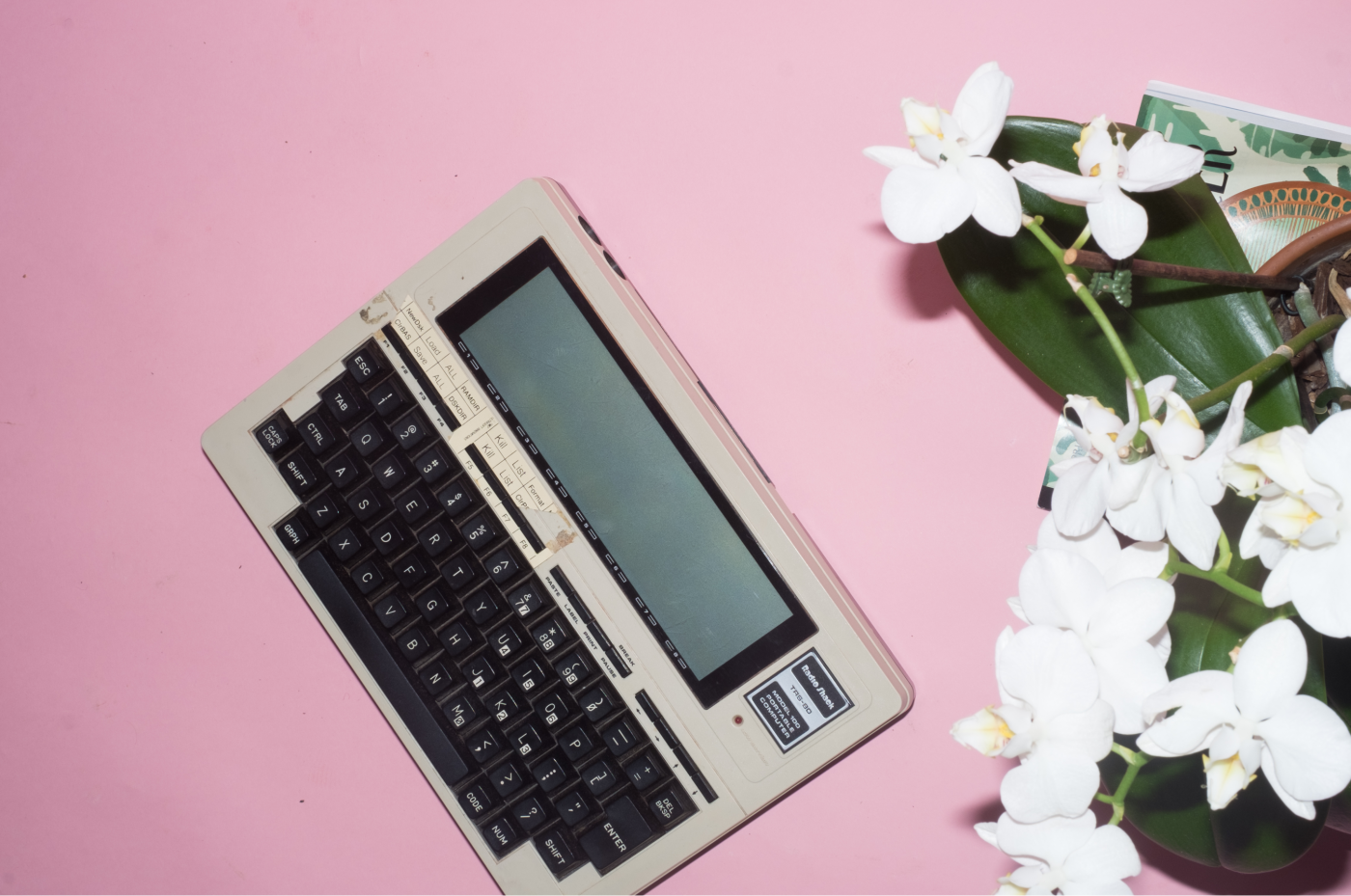The Computer Lab of Your Dreams
Founded in 2009 by Dr. Lori Emerson, the Media Archaeology Lab is a place for cross-disciplinary, experimental research, teaching, and creative practice using one of the largest collections in the world of still-functioning obsolete media. Researchers, students, teachers, artists and members of the public are encouraged to turn on, open up, play and create with items from the collection that include phonograph players; magic lanterns; historic personal computers, handheld devices and game consoles including the Altair 8800b, Commodore 64, Apple IIe, Vectrex, and Imagination Machine I and II created by African-American video game pioneer Ed Smith.
The MAL is utterly unique not only because it is an open, accessible space for anyone to come and perform hands-on experiments with its extensive collection but also because it demonstrates alternative paths in the history of technology and empowers visitors to imagine an alternative present and future.
The MAL has also evolved into a real life and virtual community enterprise; it has an international advisory board of scholars, archivists, and entrepreneurs; faculty fellows from departments across the CU Boulder campus; and a regularly rotating cohort of students and community volunteers who help with hardware repair, class tours and guest visits to the lab. The lab hosts reading groups, artist residencies, events, retro game nights, and workshops on how to fix your old or new devices and even on how to build your own mesh network.
In short, the MAL is a community-driven hub for preserving and exploring the history of technology. Follow us on Mastodon, Instagram, Bluesky and Twitch!
Double check our Mastodon hours post before your visit just in case!
